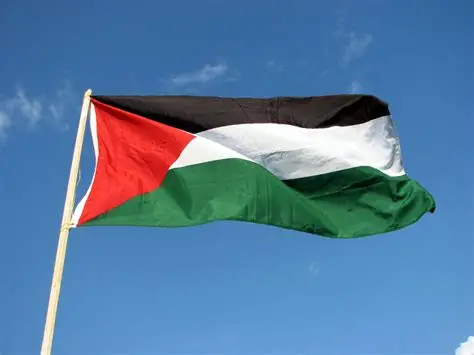The United States has suspended almost all visa approvals for Palestinians, according to reports, in a move that significantly expands earlier restrictions and has drawn widespread criticism.
The New York Times reported that the suspension applies to nearly all holders of Palestinian passports, effectively blocking access to the US for medical treatment, study, business and family visits. The measure goes well beyond previous policies, which had focused primarily on residents of Gaza.
Officials cited by the newspaper, who were not authorised to speak publicly, said the restrictions were intended to be temporary while the State Department conducts a broader review of visa procedures. However, no timeline for the review has been given, raising fears among Palestinians and their advocates that the curbs could become long-term.
The State Department confirmed two weeks ago that it had halted the processing of visitor visas for individuals from Gaza, citing the need for what it described as “a full and thorough review”. That announcement was immediately condemned by pro-Palestinian groups, who argued that it unfairly targeted civilians requiring urgent medical treatment abroad and students with placements at American universities.
On Friday the administration escalated the measures by beginning to deny and revoke visas for members of the Palestine Liberation Organisation (PLO) and the Palestinian Authority (PA). The decision comes ahead of the annual UN General Assembly in New York later this month, where Palestinian officials are expected to press their case for statehood recognition and highlight the humanitarian crisis in Gaza.
The US, as host nation to the UN, is bound by international agreement not to block entry for foreign officials travelling to attend meetings of the General Assembly. In response to questions, the State Department insisted it was meeting its obligations by allowing the Palestinian mission in New York to attend the session, though individual officials have had visas withdrawn.
“The Trump administration has been clear: it is in our national security interests to hold the PLO and PA accountable for not complying with their commitments, and for undermining the prospects for peace,” the department said in a statement.
Palestinian representatives said the measures amounted to political pressure designed to weaken their ability to engage in international diplomacy. Analysts noted that the move further aligns Washington with Israel’s rightwing government, which has consistently opposed a two-state solution and rejects Palestinian statehood outright.
The suspension of visas also carries personal consequences for Palestinians who rely on travel to the US for life-saving medical procedures. In previous years, patients from Gaza requiring advanced treatment not available locally have been granted entry to American hospitals. Education opportunities are also at risk, with Palestinian students enrolled in US universities now unable to secure the necessary visas for the autumn term.
The new approach follows a pattern of decisions under President Donald Trump that have shifted US policy closer to Israel’s government. In 2017, Washington recognised Jerusalem as Israel’s capital and moved its embassy from Tel Aviv, breaking with decades of international consensus. In 2018, it cut funding to the UN Relief and Works Agency (UNRWA), which supports Palestinian refugees.
Whether the suspension will remain temporary or become a standing policy remains unclear. The lack of clarity has left many Palestinians in limbo, with travel plans, medical appointments and academic careers placed in jeopardy.



